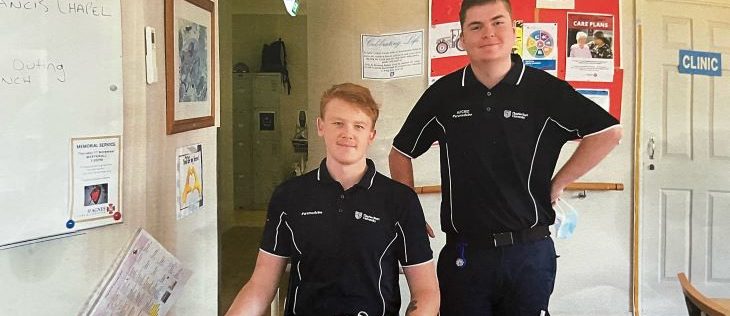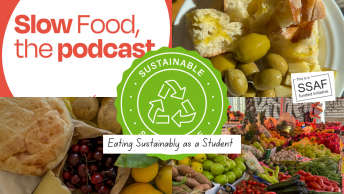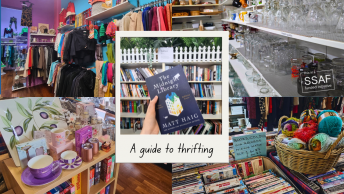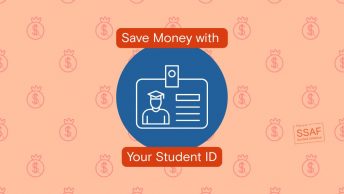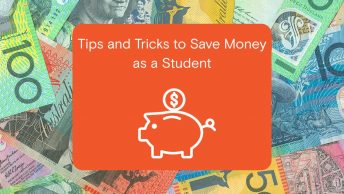Written by Archie Lickess
So, it’s time to go out on placement and see what you’ll be doing in a few years. You’re excited to go until you look at your bank account and see $2.50 sitting there.
With the cost of accommodation, food for the whole placement, fuel and many other costs, you know that $2.50 isn’t going to cut it. Well, you’ve come to the right place. Here are my top tips for saving money on placement.
If you can, carpool
This is a fairly obvious one, but if you can, try and find fellow students who have placement in the same area and catch a lift with them. With the Charles Sturt placement blocks being mostly standard across all subjects, there is a good chance you’ll be able to find someone going from where you are to where you’re going. They don’t even have to be from the same course!
This way, you can share the cost of fuel (and those cheeky maccas runs half way through the trip) and have someone to chat to on the road.

Ask around for friends or family who live near your placement
Again, fairly obvious, but staying with friends or family near your placement can save you money in ways you may not have thought. Not only will this cut down, if not completely eliminate accommodation costs, they may be able to provide transport to and from placement, which can be especially helpful if you carpooled down with someone in their car.
Alternatively, if you don’t know anyone at your placement, look online for other students in the place and stay in some group accommodation. Splitting the cost is better than nothing, plus if you are staying with other students from your course, you’ll be able to talk about each other’s placements and may even learn a thing or two from them.
Cook meals as much as possible and go grocery shopping as little as possible
Once you’re at placement, you’re going to need food. I know, it can be tempting to eat out for breakfast, lunch, and dinner for your whole placement, but buying groceries will significantly cut down on costs. This means you can be eating the food you want to, rather than the 1pm servo pie and coffee combo for days at a time.
Depending on your accommodation, you may not have access to a full kitchen or even some kitchen staples, so bring as much as you can of the basics from home, even if its just some salt, pepper and a bit of oil. You’re not going to go through a whole salt and pepper grinder in a few weeks, so just bring some from home, even if its in a ziploc bag.
On the day you arrive, plan out your meals for the week. Even if you’re not a masterchef, making a simple chicken and salad sandwich or wrap for your lunches and some simple meals for dinners will save you lots of money in the future, plus, you may even learn some cooking skills along the way.
Once you have your meal plan, buy everything you need in one big shop. It will be more expensive short term, but having to go back to the shops for one or two things everyday will probably cost more long term. Plus, the temptation to buy those chocolate doughnuts will be hard to resist by day three.

Simplicity is key
These tips are fairly simple, but simplicity is the key when trying to save money, because at the end of the day, placement is all about learning from the professionals, and time taken up by worrying about money is time taken away from learning. Placement is a short period of time all things considered, so make the most of it.


